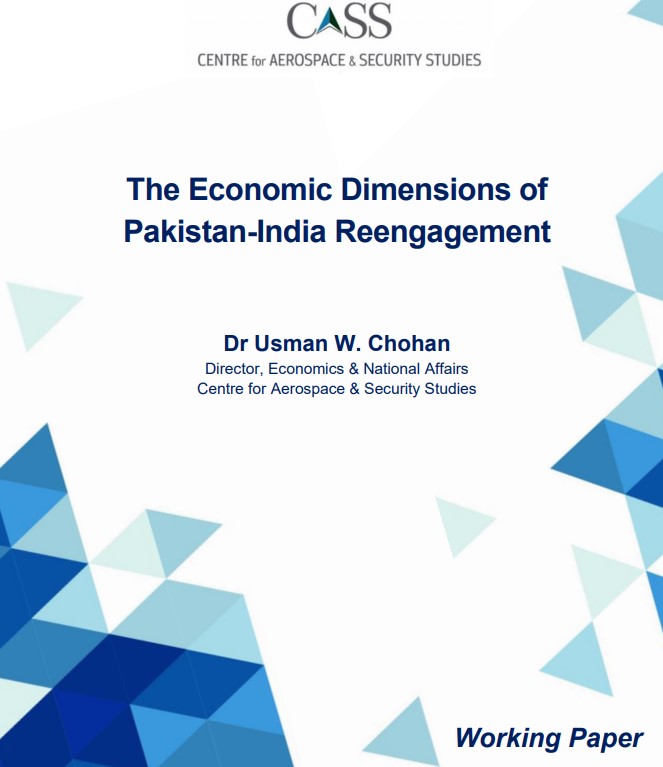Abstract
The India-Pakistan relationship has been having its vicissitudes, following several years of tense animosity, owing largely to the bellicose and ideologically-charged government in New Delhi. Economic engagement is but one facet of this relationship, and yet it is being advanced as one of the main arguments for making efforts towards a thaw. In that context, it is worth asking: what are the costs and benefits of engaging with India on the economic front? This Working Paper examines three dimensions that would likely accompany a mutual and reciprocal economic overture from both sides (T-T-F): Trade, Transit, and Financial Regimes (FATF). The paper finds that, although there are some benefits accruing along each dimension, they are generally outweighed by other economic counterforces.




